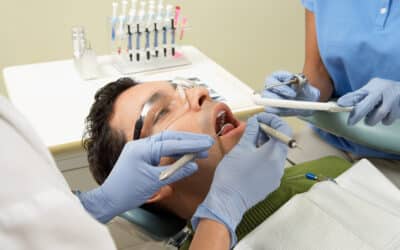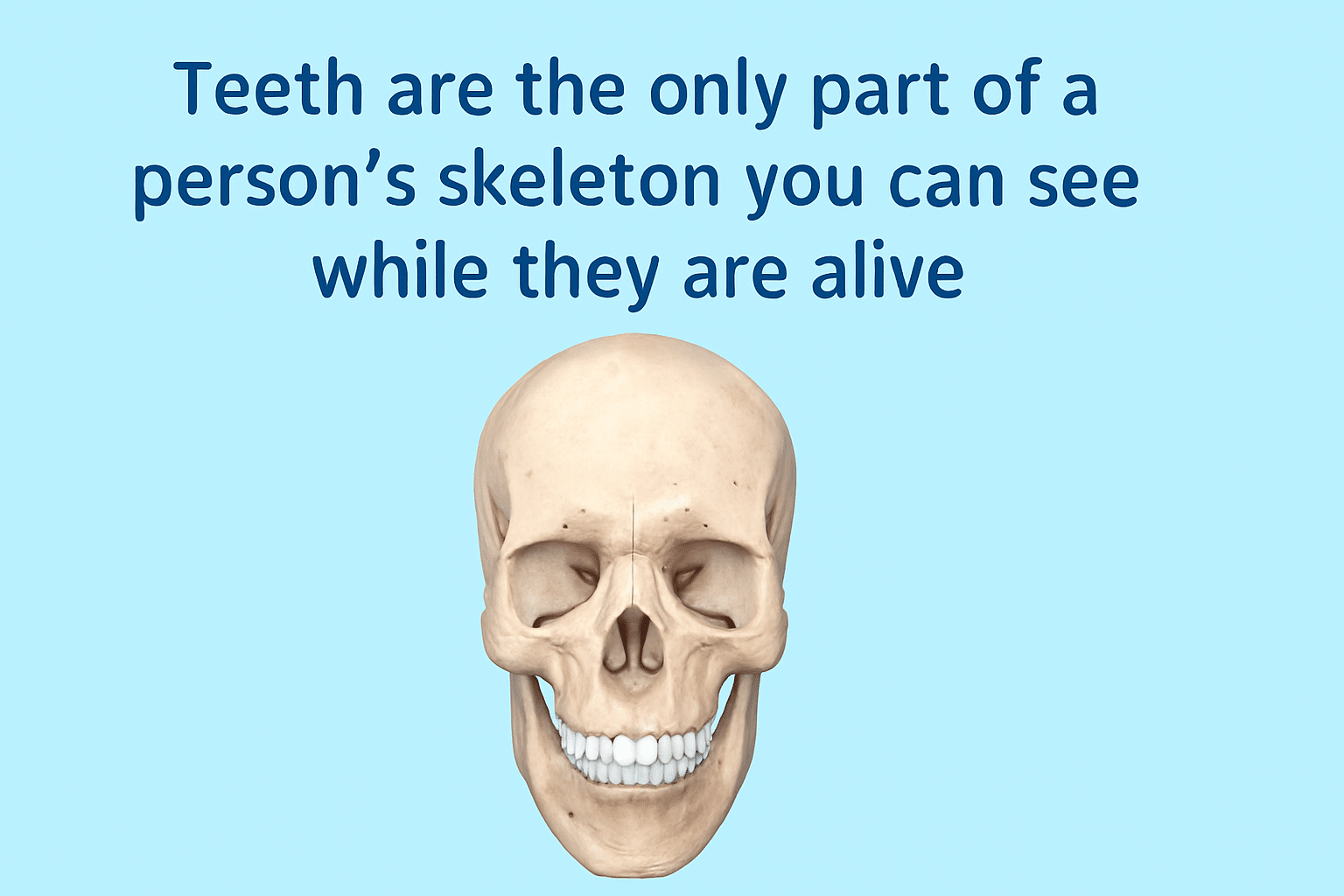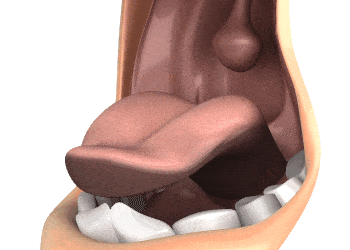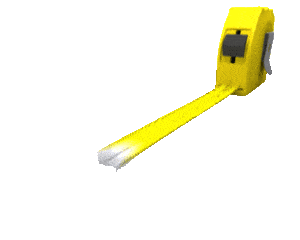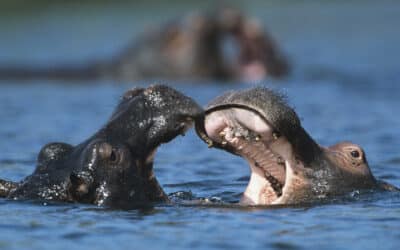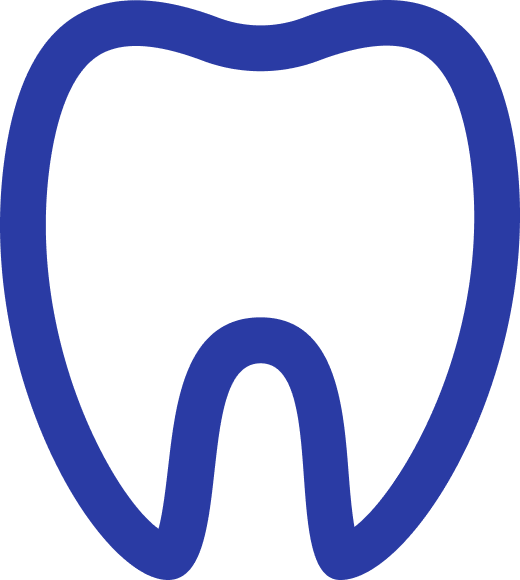
Weird Dental Facts
Exploring the Quirky and Curious World of Dentistry
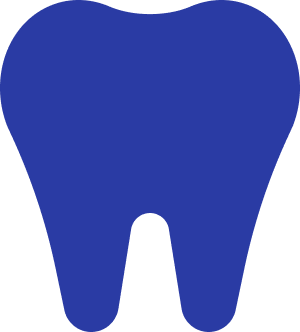

We’ve collected the most bizarre, surprising, and downright strange stories from the world of dentistry. These weird dental facts will make you think twice the next time you pick up your toothbrush — and maybe even laugh a little.
👉 Most Viewed:
Do Real Vampire Teeth Cases Exist? Rare Fangs That Shock Dentists
From myths to modern dentistry — uncover the strange truth behind fang-like canines and the vampire legends they inspired.
Just click on the IMAGE to see more!
From the truth behind real vampire teeth to strange saliva tricks and ancient toothpaste trivia, these Weird Dental Facts uncover the curious side of oral health — with stories you won’t find in most textbooks.
Hi. How do you chew?
Did you know? If you are right-handed, you tend to chew on your right side. If you are left-handed, you tend to chew on the left side of your mouth. We don't have a problem with that . . . .
I’d Much Rather Be At The Dentist
How badly can your tooth ache? Apparently, badly enough to break out of Oestragaard prison in southwest Sweden in order to get to the dentist. And that's exactly what a 51-year-old Swedish inmate did "because he had a toothache and wanted to go to the dentist." He...
Dental Ground Hog Day?
Yes. It's a fact. It's weird. And it's dental. Imagine waking up every day, thinking it's time for your root canal appointment. Ten years after the fact, a British soldier who had been stationed in Germany, still believes it's the morning of March 2005, and he's...
Visible Part of Your Skeleton: Weird Dental Fact About Teeth
Pssst. Your Skeleton is Showing Visible part of your skeleton? Yep—it’s your teeth. While most of your skeleton hides beneath skin and muscle, there’s one part on full display every time you smile. Let’s dig into this fun (and factual) weird dental trivia! Tooth...
Muscle Power
The tongue is considered to be the strongest muscle in the body. (If you doubt it, ask any dental assistant who has had to hold one back.)
You’re Bugging Me
It has been claimed that mosquitoes have 47 teeth. Let's set the record straight here at Weird Dental Facts: In actual fact, they do not! Now, while you may be relieved to know that mosquitoes don't have teeth, unfortunately, that doesn’t prevent those bothersome...
Now That’s REALLY Long in the Tooth!
The Guinness Book of Records has recognized a dentist from Offenbach, Germany for pulling a 37-millimeter long tooth out of the mouth of a patient who had complained about severe pain. Dr. Max Lukas had extracted the 37.2-millimeter giant tooth ( that’s 1.46...
Unicorns are Real
The narwhal, or narwhale, is a small to medium-sized toothed whale that possesses a large "tusk" from a protruding canine tooth. It lives year-round in the Arctic waters around Greenland, Canada, and Russia. It is sometimes called the "Unicorn of the Sea" because of...
Open Wide, REALLY Wide
A hippo's mouth may be two feet wide at its lip. The mouth of an adult hippopotamus is roomy enough for 36 teeth -- including tusks that can grow up to 2 feet long.
These weird dental facts are just the beginning. Keep checking back as we uncover even more strange, funny, and fascinating discoveries from the dental world.
Want to explore more about oral health from a trusted source? Visit the American Dental Association’s research section.


